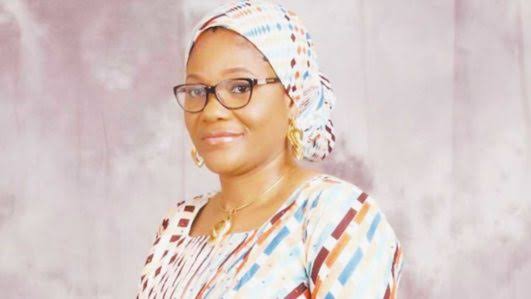-

-
Wikirise.com Advertise with Us HereStats: 4,783 members, 41,615 Posts
Number of Comments : 2,630
Date: Sunday, 24th November 2024
2023: CDD warns rising insecurity, religion could threaten credible polls
By Godwin Emmanuel - September 7, 2022 | Categories: Politics Tags: Insecurity
Share this post:

The Centre for Democracy and Development (CDD) has warned that Nigeria’s security challenges, religion and tribalism, if not checked, could threaten a credible election in 2023.
Idayat Hassan, CDD’s director, said this in a report titled ‘Nigeria’s presidential polls: A SWOT Analysis’ on Wednesday in Abuja.
“CDD warns that rising insecurity, misinformation, money politics, religion and ethnic narratives may undermine the credibility of the 2023 election if not properly addressed.
“Holding credible polls in this context that guarantees the security of voters and INEC personnel will be a major challenge,” she said.
According to Ms Hassan, the 2023 general election is a significant logistical operation, and there will be significant logistic challenges reaching the 176,846 polling units with election material.
She said for such a far-reaching level of deployment to be successful, it would require the recruitment and training of close to 1.5 million poll and security officials, about four times the size of the entire Nigerian military.
Ms Hassan said the CDD report observed that the divisive factors of religion, money politics and ethnicity, among others, have already played roles in shaping the emergence of the major party candidates.
She said the report pointed out that the Electoral Act 2022 had elicited prospects that could redefine elections in Nigeria.
Ms Hassan rated the legal framework in place for the election as robust and laudable, saying, however, that the conduct of political actors would be critical if the benefits of the such framework were to be enjoyed across the board.
She said that with looming political campaigns, key governance issues, such as insecurity, would be a factor in the leading candidates’ political calculations as they traverse the country.
Ms Hassan said money would play a huge role in determining who emerged the winner if the presidential primaries and recent gubernatorial elections offered any lesson.
She added that online campaigns would be more fiercely fought than ever, with attacks aimed at boosting candidates, attacking opponents and undermining INEC during and even after voting.
Ms Hassan said the SWOT analysis revealed that cases of an inconclusive election would be drastically reduced in 2023 as the new Electoral Act has defined overvoting in terms of accredited voters as against registered voters.
According to her, the report said that if INEC judiciously applied technology as allowed by the Electoral Act, the transparency of the election would be improved.
Ms Hassan added that the prompt release of the entire INEC budget could help mitigate some problems.
(NAN)